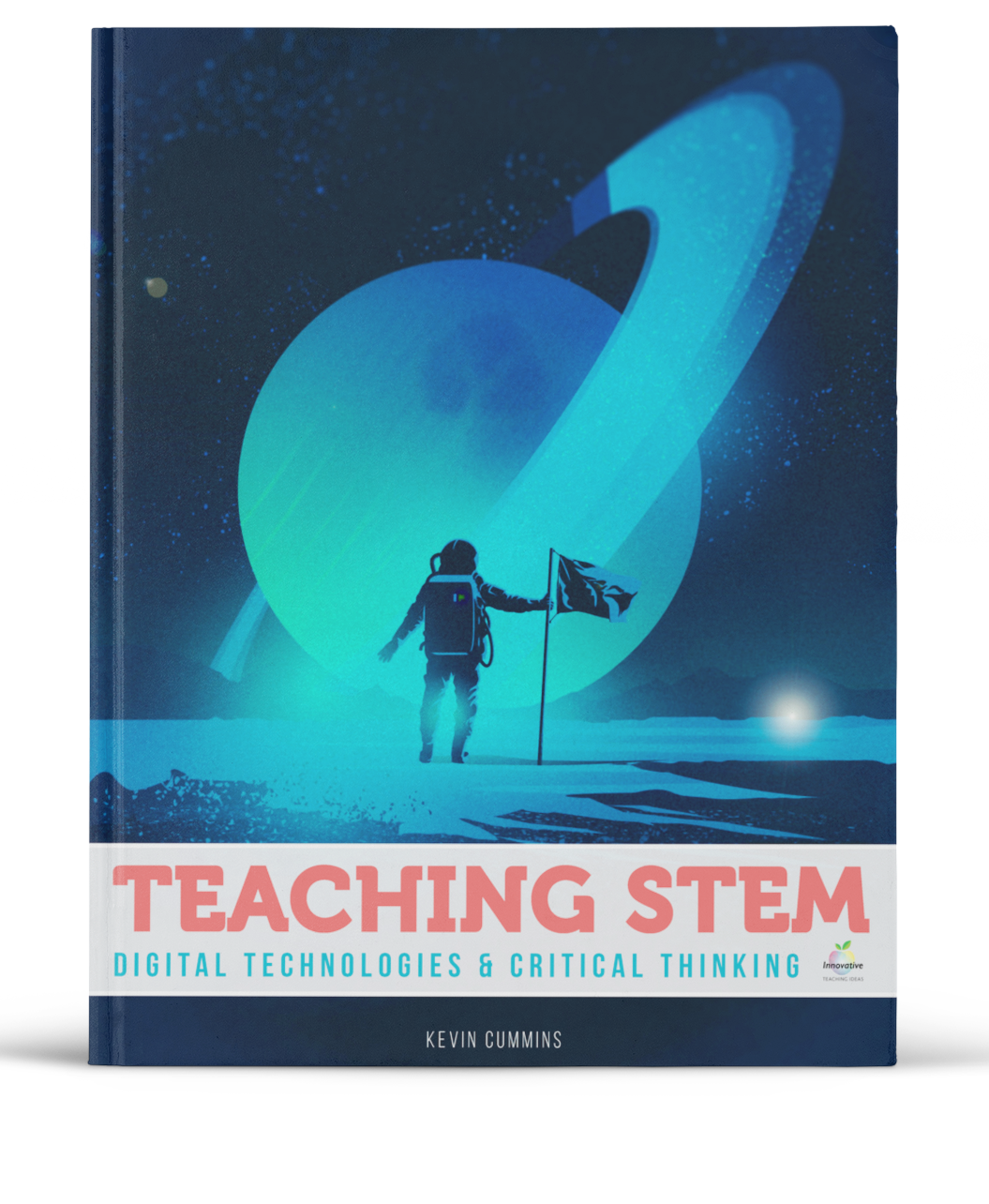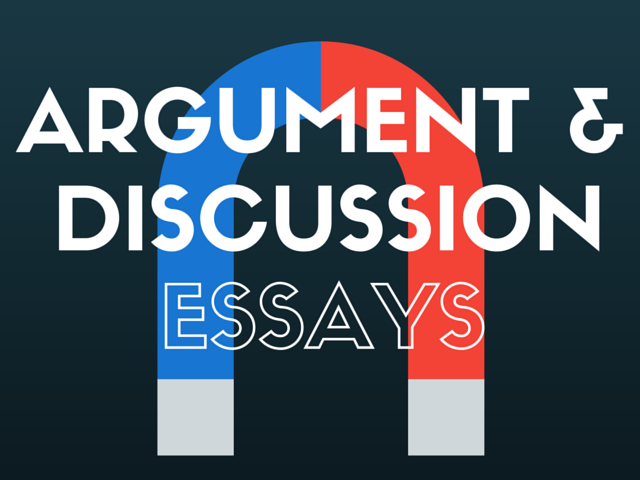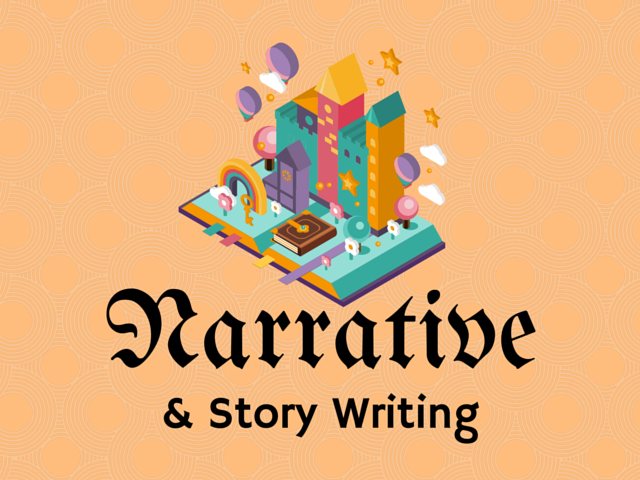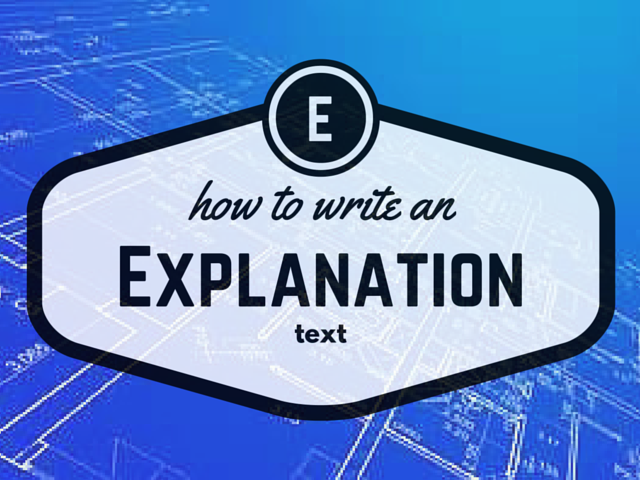Writing Objectives Linked to Bloom's Taxonomy
/
Various researchers have summarized how to use Bloom’s Taxonomy. Following are four interpretations that you can use as guides in helping to write objectives using Bloom’s Taxonomy.
Bloom’s Taxonomy divides the way people learn into three domains. One of these is the cognitive domain, which emphasizes intellectual outcomes. This domain is further divided into categories or levels. The key words used and the type of questions asked may aid in the establishment and encouragement of critical thinking, especially in the higher levels.
LevelLevel AttributesKeywordsQuestions
1: KnowledgeExhibits previously learned material by recalling facts, terms, basic concepts and answers.who, what, why, when, omit, where, which, choose, find, how, define, label, show, spell, list, match, name, relate, tell, recall, selectWhat is ...? How is ...? Where is ...? When did _______ happen? How did ______ happen? How would you explain ...? Why did ...? How would you describe ...? When did ...? Can you recall ...? How would you show ...? Can you select ...? Who were the main ...? Can you list three ...? Which one ...? Who was ...?
2: ComprehensionDemonstrating understanding of facts and ideas by organizing, comparing, translating, interpreting, giving descriptions and stating main ideas.compare, contrast, demonstrate, interpret, explain, extend, illustrate, infer, outline, relate, rephrase, translate, summarize, show, classifyHow would you classify the type of ...? How would you compare ...? contrast ...? Will you state or interpret in your own words ...? How would you rephrase the meaning ...? What facts or ideas show ...? What is the main idea of ...? Which statements support ...? Can you explain what is happening . . . what is meant . . .? What can you say about ...? Which is the best answer ...? How would you summarize ...?
3: ApplicationSolving problems by applying acquired knowledge, facts, techniques and rules in a different way.apply, build, choose, construct, develop, interview, make use of, organize, experiment with, plan, select, solve, utilize, model, identifyHow would you use ...? What examples can you find to ...? How would you solve _______ using what you have learned ...? How would you organize _______ to show ...? How would you show your understanding of ...? What approach would you use to ...? How would you apply what you learned to develop ...? What other way would you plan to ...? What would result if ...? Can you make use of the facts to ...? What elements would you choose to change ...? What facts would you select to show ...? What questions would you ask in an interview with ...?
4: AnalysisExamining and breaking information into parts by identifying motives or causes; making inferences and finding evidence to support generalizations.analyze, categorize, classify, compare, contrast, discover, dissect, divide, examine, inspect, simplify, survey, take part in, test for, distinguish, list, distinction, theme, relationships, function, motive, inference, assumption, conclusionWhat are the parts or features of ...? How is _______ related to ...? Why do you think ...? What is the theme ...? What motive is there ...? Can you list the parts ...? What inference can you make ...? What conclusions can you draw ...? How would you classify ...? How would you categorize ...? Can you identify the difference parts ...? What evidence can you find ...? What is the relationship between ...? Can you make a distinction between ...? What is the function of ...? What ideas justify ...?
5: SynthesisCompiling information together in a different way by combining elements in a new pattern or proposing alternative solutions.build, choose, combine, compile, compose, construct, create, design, develop, estimate, formulate, imagine, invent, make up, originate, plan, predict, propose, solve, solution, suppose, discuss, modify, change, original, improve, adapt, minimize, maximize, delete, theorize, elaborate, test, improve, happen, changeWhat changes would you make to solve ...? How would you improve ...? What would happen if ...? Can you elaborate on the reason ...? Can you propose an alternative ...? Can you invent ...? How would you adapt ________ to create a different ...? How could you change (modify) the plot (plan) ...? What could be done to minimize (maximize) ...? What way would you design ...? What could be combined to improve (change) ...? Suppose you could _______ what would you do ...? How would you test ...? Can you formulate a theory for ...? Can you predict the outcome if ...? How would you estimate the results for ...? What facts can you compile ...? Can you construct a model that would change ...? Can you think of an original way for the ...?
6: EvaluationPresenting and defending opinions by making judgments about information, validity of ideas or quality of work based on a set of criteria.award, choose, conclude, criticize, decide, defend, determine, dispute, evaluate, judge, justify, measure, compare, mark, rate, recommend, rule on, select, agree, interpret, explain, appraise, prioritize, opinion, ,support, importance, criteria, prove, disprove, assess, influence, perceive, value, estimate, influence, deductDo you agree with the actions ...? with the outcomes ...? What is your opinion of ...? How would you prove ...? disprove ...? Can you assess the value or importance of ...? Would it be better if ...? Why did they (the character) choose ...? What would you recommend ...? How would you rate the ...? What would you cite to defend the actions ...? How would you evaluate ...? How could you determine ...? What choice would you have made ...? What would you select ...? How would you prioritize ...? What judgment would you make about ...? Based on what you know, how would you explain ...? What information would you use to support the view ...? How would you justify ...? What data was used to make the conclusion ...? Why was it better that ...? How would you prioritize the facts ...? How would you compare the ideas ...? people ...?From: http://www.umuc.edu/ugp/ewp/bloomtax.html
Bloom’s Ranking of Thinking Skills
KnowledgeComprehensionApplicationAnalysisSynthesisEvaluation
List, Name, Identify, Show, Define, Recognize, Recall, State, VisualizeSummarize, Explain, Interpret, Describe, Compare, Paraphrase, Differentiate, Demonstrate, ClassifySolve, Illustrate, Calculate, Use, Interpret, Relate, Manipulate, Apply, ModifyAnalyze, Organize, Deduce, Contrast, Compare, Distinguish, Discuss, Plan, DeviseDesign, Hypothesize, Support, Schematize, Write, Report, JustifyEvaluate, Choose, Estimate, Judge, Defend, CriticizeFrom: http://www.stedwards.edu/cte/bwheel.htm
Task Oriented Question Construction Wheel Based on Bloom’s Taxonomy

Task Oriented Question Construction Wheel Based on Bloom’s Taxonomy.
©2001 St. Edward’s University Center for Teaching Excellence.
http://www.stedwards.edu/cte/bwheel.htm
From: http://epitome.ce.gatech.edu/iowa/how.html
According to Benjamin Bloom, and his colleagues, there are six levels of cognition:
- Knowledge: rote memorization, recognition, or recall of facts
- Comprehension: understanding what the facts mean
- Application: correct use of the facts, rules, or ideas
- Analysis: breaking down information into component parts
- Synthesis: combination of facts, ideas, or information to make a new whole
- Evaluation: judging or forming an opinion about the information or situation
Ideally, each of these levels should be covered in each course and, thus, at least one objective should be written for each level. Depending on the nature of the course, a few of these levels may need to be given more emphasis than the others.
Below are examples of objectives written for each level of Bloom’s Taxonomy and activities and assessment tools based on those objectives. Common key verbs used in drafting objectives are also listed for each level.
LevelLevel AttributesKeywordsExample ObjectiveExample ActivityExample Assessment
1: KnowledgeRote memorization, recognition, or recall of facts.list, recite, define, name, match, quote, recall, identify, label, recognize“By the end of this course, the student will be able to recite Newton’s three laws of motion.”Have students group up and perform simple experiments to the class showing how one of the laws of motion works.Use the following question on an exam or homework. “Recite Newton’s three laws of motion.”
2: ComprehensionUnderstanding what the facts mean.describe, explain, paraphrase, restate, give original examples of, summarize, interpret, discuss“By the end of this course, the student will be able to explain Newton’s three laws of motion in his/her own words.”Group students into pairs and have each pair think of words that describe motion. After a few minutes, ask pairs to volunteer some of their descriptions and write these descriptions on the board.Assign the students to write a simple essay that explains what Newton’s laws of motion mean in his/her own words.
3: ApplicationCorrect use of the facts, rules, or ideas.calculate, predict, apply, solve, illustrate, use, demonstrate, determine, model“By the end of this course, the student will be able to calculate the kinetic energy of a projectile.”After presenting the kinetic energy equation in class, have the students pair off for just a few minutes and practice using it so that they feel comfortable with it before being assessed.On a test, define a projectile and ask the students to “Calculate the kinetic energy of the projectile.”
4: AnalysisBreaking down information into component parts.classify, outline, break down, categorize, analyze, diagram, illustrate“By the end of this course, the student will be able to differentiate between potential and kinetic energy.”Present the students with different situations involving energy and ask the students to categorize the energy as either kinetic or potential then have them explain in detail why they categorized it the way they did, thus breaking down what exactly makes up kinetic and potential energy.Give the students an assignment that asks them outline the basic principles of kinetic and potential energy. Ask them to point out the differences between the two as well as how they are related.
5: SynthesisCombining parts to make a new whole.design, formulate, build, invent, create, compose, generate, derive, modify, developBy the end of this section of the course, the student will be able to design an original homework problem dealing with the principle of conservation of energy.”Tie each lecture or discussion to the previous lectures or discussions before it, thus helping the students assemble all the discreet classroom sessions into a unified topic or theory.Give the students a project in which they must design an original homework problem dealing with the principle of conservation of energy.
6: EvaluationJudging the value or worth of information or ideas.choose, support, relate, determine, defend, judge, grade, compare, contrast, argue, justify, support, convince, select, evaluate“By the end of the course, the student will be able to determine whether using conservation of energy or conservation of momentum would be more appropriate forsolving a dynamics problem.”Have different groups of students solve the same problem using different methods, then have each group present the pros and cons of the method they chose.On a test, describe a dynamic system and ask the students which method they would use to solve the problem and why.Attachment:Writing Objectives Using Bloom's Taxonomy [PDF, 323 KB]











